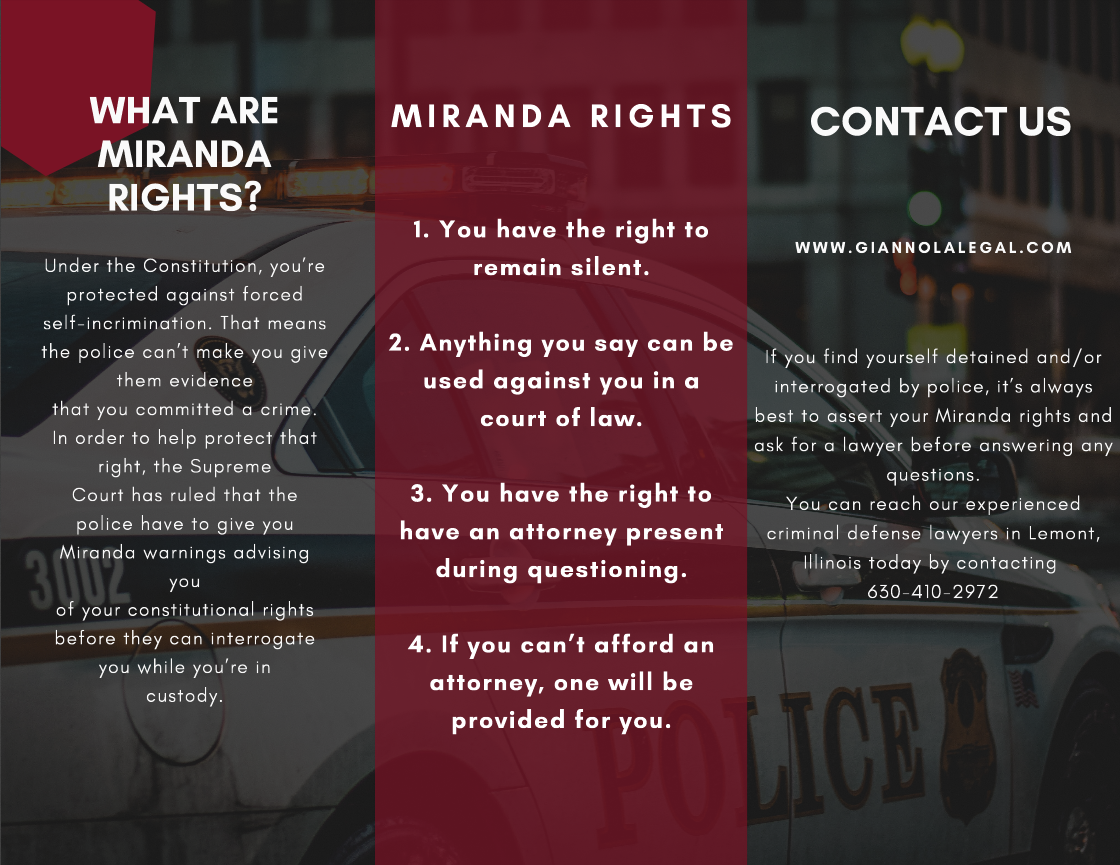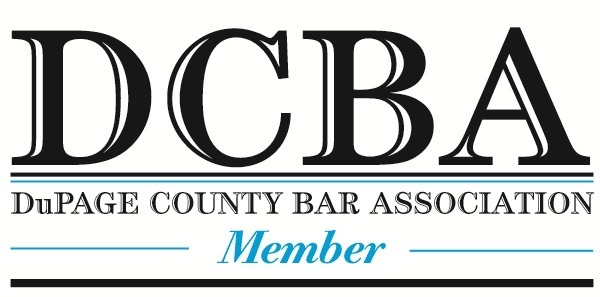We’ve all heard about Miranda rights from TV shows like Law and Order. But what are Miranda rights really? And what happens when the police don’t read you your Miranda rights?
Miranda Rights Explained
Under the Constitution, you’re protected against forced self-incrimination. That means the police can’t make you give them evidence that you committed a crime. In order to help protect that right, the Supreme Court has ruled that the police have to give you Miranda warnings advising you of your constitutional rights before they can interrogate you while you’re in custody.
A Miranda warning must be clear and contain 4 key statements :
- You have the right to remain silent.
- Anything you say can be used against you in a court of law.
- You have the right to have an attorney present during questioning.
- If you can’t afford an attorney, one will be provided for you.
It is important to understand that your statements must be clear and direct. You can discuss this in more detail with our knowledgeable criminal defense lawyers in Lemont, Illinois.
What if the Police Don’t Mirandize Me?
Many people are surprised to find out that the police don’t automatically have to Mirandize everyone they arrest. The police only have to read you your Miranda rights if you’re in a custodial interrogation and they want to use your statements from the interrogation as evidence against you in court.
“Custodial interrogation” is just a fancy way of saying that you’re being detained (not free to leave) by the police and that the police are asking you questions about the alleged crime. If the police do detain and interrogate you without Mirandizing you, they cannot use the statements you made during the interrogation as evidence against you in court.
Let’s say you’re in police custody and they’re interrogating you. They never read you your Miranda rights. During that interrogation, you confess to robbing a bank. Because you were never informed of your Miranda rights, the prosecutor can’t use your confession as evidence at trial. It’s like you never confessed.
But, not being Mirandized isn’t necessarily a get out of jail free card. There may be enough other evidence against you that the prosecutor doesn’t need your statements to make his case. So, even if your statements during the interrogation are thrown out, you may still be charged and convicted.
If you find yourself detained and/or interrogated by police, it’s always best to assert your Miranda rights and ask for a lawyer before answering any questions. You can reach our experienced criminal defense lawyers in Lemont, Illinois today by contacting 630-410-2972.











